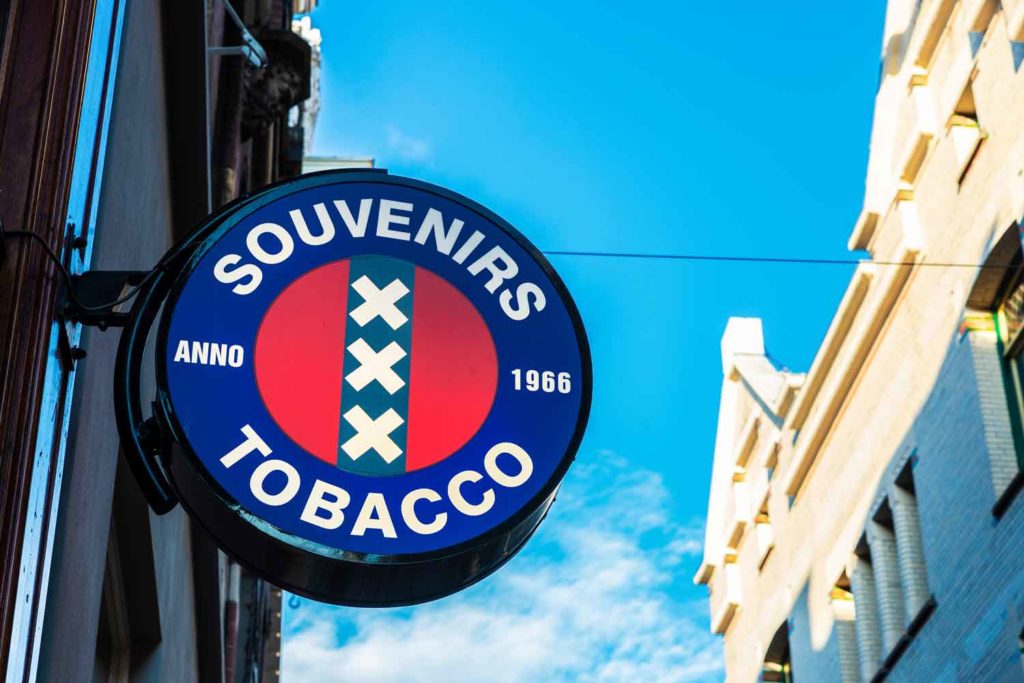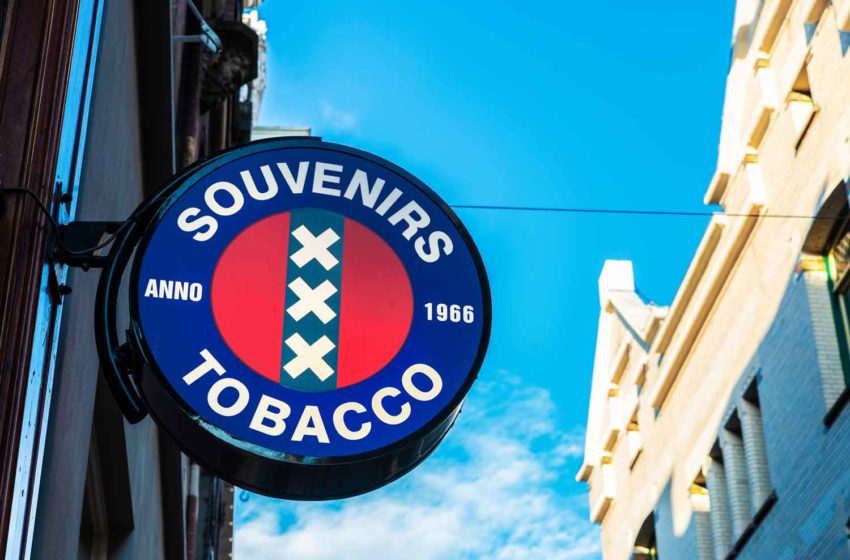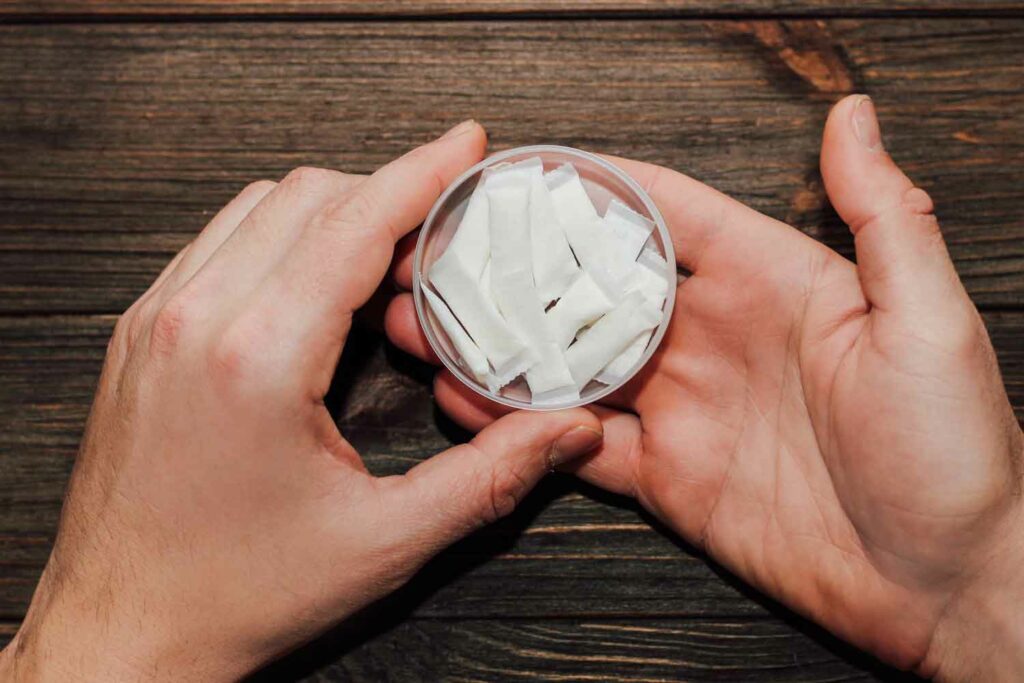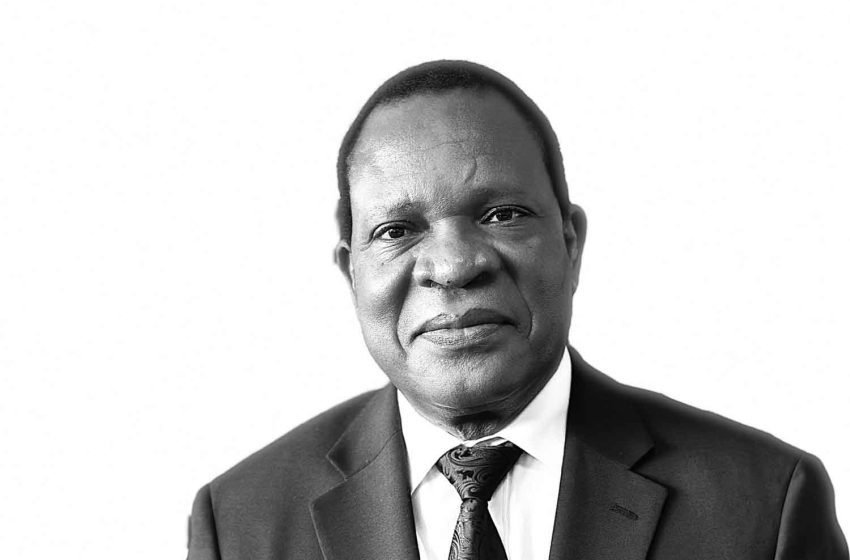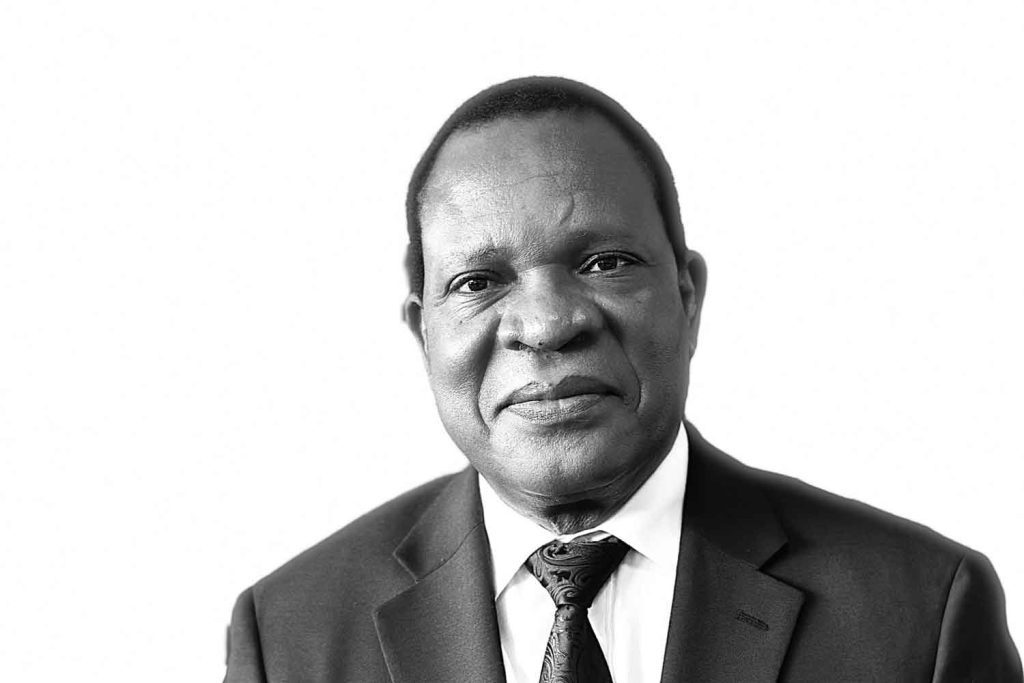Zimbabwe’s auction floors opened today, with high expectations for better prices this season compared to last year, according to The Herald. Deliveries of the contract crop start tomorrow.
Tobacco growers in the country faced poor rains this season, but those with a good crop expect better prices due to demand. The Tobacco Industry and Marketing Board (TIMB) stated that Zimbabwe exported 233,896,182 kg valued at $1.22 billion as of Dec. 15, 2023. The average price for shipments was $5.23 per kilogram.
The auction floors only sell about 5 percent of the crop but are considered the major price setter compared to the contract floors.
Farmers will receive 75 percent of their earnings in foreign currency with the remaining 25 percent in local currency.
Only two auction floors have been licensed this year by the TIMB to buy leaf, the Tobacco Sales Floor and Premier Tobacco Auction Floors (PTAF).
“We have finished all preparations,” Owen Murumbi, PTAF chairman, said yesterday. “The banks are now lined up, EcoCash and Mukuru are all there to bring more convenience to the farmers.
“We have started receiving bales. We should surpass last year’s figures although the volumes are low. We don’t expect them to go down. Farmers need to come, and we are offering excellent services. We are starting with Mukuru and EcoCash on day one. This should improve payment systems for farmers.
“Tobacco sales floors should implement strict age verification processes to ensure that only adults can access the premises. All selling points shall ensure there are no children under 18 in and around selling premises, tobacco processing factories and any other tobacco storage and handling facilities.
“Sales floors should prominently display awareness campaigns that highlight the issue of child labor in tobacco production, posters and educational materials that provide information about the harmful and unethical practices associated with child labor.”
The TIMB has created a transporter compliance framework that will work toward developing a system that monitors movement of tobacco from the primary source to the market. The framework is expected to minimize losses, enhance farmer viability and improve livelihoods and aims to curb side marketing, tobacco bale theft, bale swapping and forgery on stop order launching.
“We appeal to the authorities to ensure that tobacco sold at the auction floors get similar prices with the one which is sold at the contract floors,” said Barbra Marava of Banket. “Farmers incur similar costs, and there is no reason to offer them different prices like before.”
